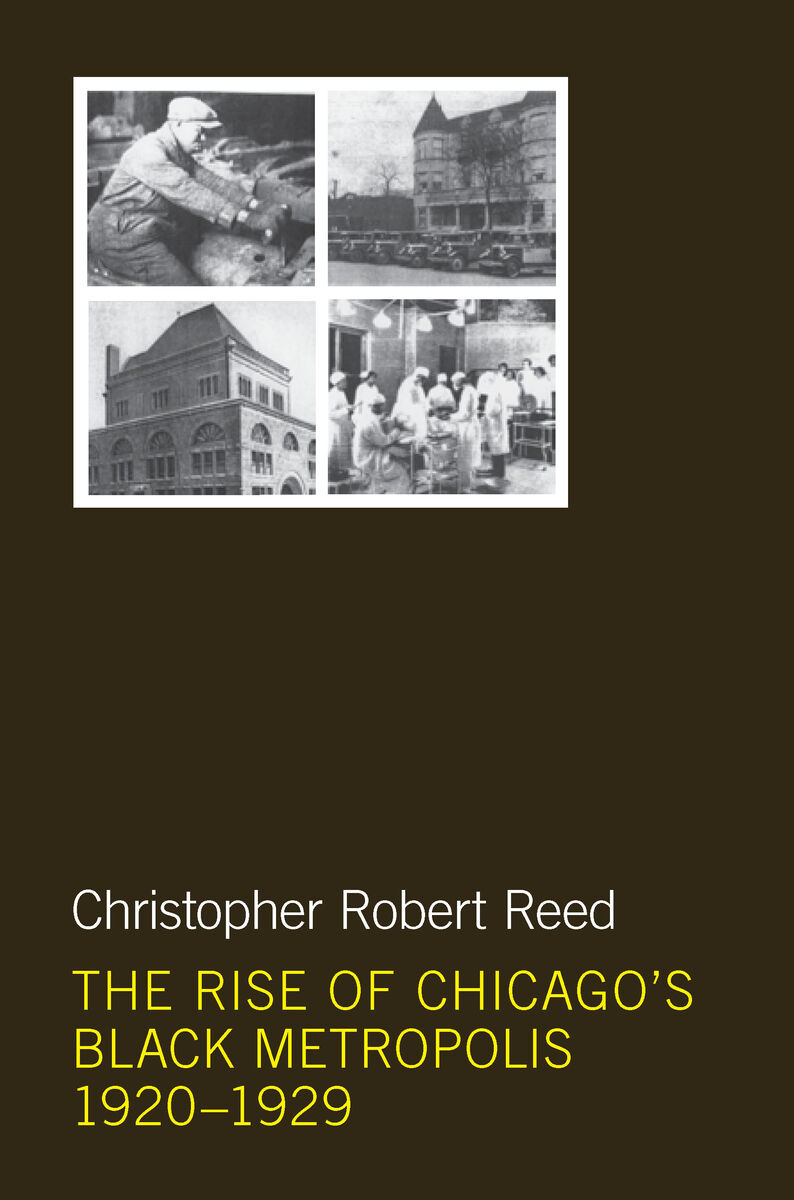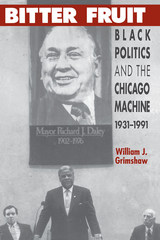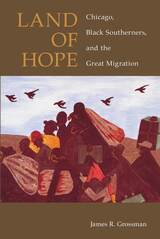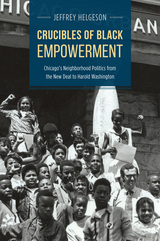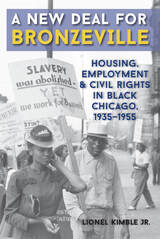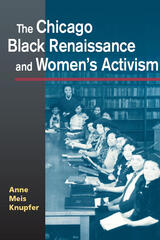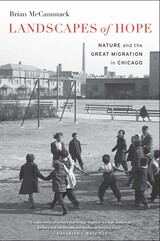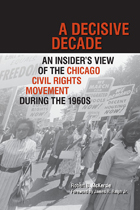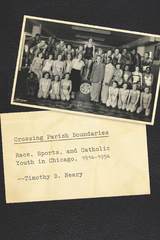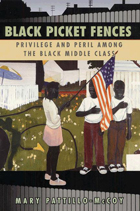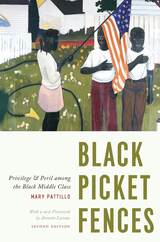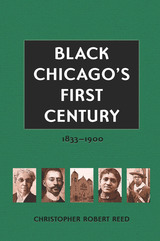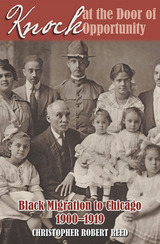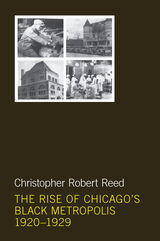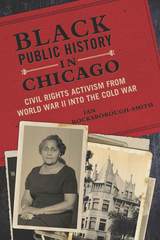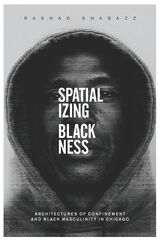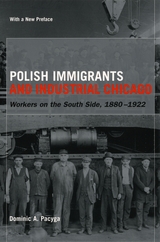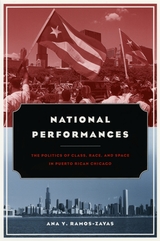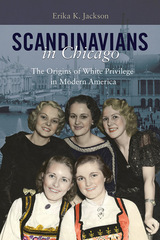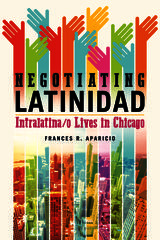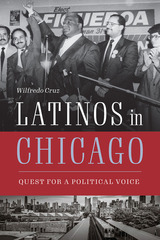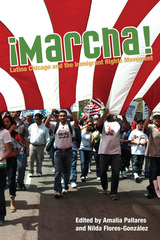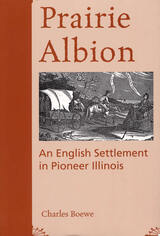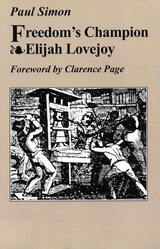The Rise of Chicago's Black Metropolis, 1920-1929
University of Illinois Press, 2014
Paper: 978-0-252-08010-4 | eISBN: 978-0-252-09317-3 | Cloth: 978-0-252-03623-1
Library of Congress Classification F548.9.N4R445 2011
Dewey Decimal Classification 305.896073077311
Paper: 978-0-252-08010-4 | eISBN: 978-0-252-09317-3 | Cloth: 978-0-252-03623-1
Library of Congress Classification F548.9.N4R445 2011
Dewey Decimal Classification 305.896073077311
ABOUT THIS BOOK | AUTHOR BIOGRAPHY | REVIEWS | TOC
ABOUT THIS BOOK
During the Roaring '20s, African Americans rapidly transformed their Chicago into a "black metropolis." In this book, Christopher Robert Reed describes the rise of African Americans in Chicago's political economy, bringing to life the fleeting vibrancy of this dynamic period of racial consciousness and solidarity.
Reed shows how African Americans rapidly transformed Chicago and achieved political and economic recognition by building on the massive population growth after the Great Migration from the South, the entry of a significant working class into the city's industrial work force, and the proliferation of black churches. Mapping out the labor issues and the struggle for control of black politics and black business, Reed offers an unromanticized view of the entrepreneurial efforts of black migrants, reassessing previous accounts such as St. Clair Drake and Horace R. Cayton's 1945 study Black Metropolis.
Utilizing a wide range of historical data, The Rise of Chicago's Black Metropolis, 1920–1929 delineates a web of dynamic social forces to shed light on black businesses and the establishment of a black professional class. The exquisitely researched volume draws on fictional and nonfictional accounts of the era, black community guides, mainstream and community newspapers, contemporary scholars and activists, and personal interviews.
See other books on: Chicago | Chicago (Ill.) | Illinois | Reed, Christopher Robert | Rise
See other titles from University of Illinois Press
